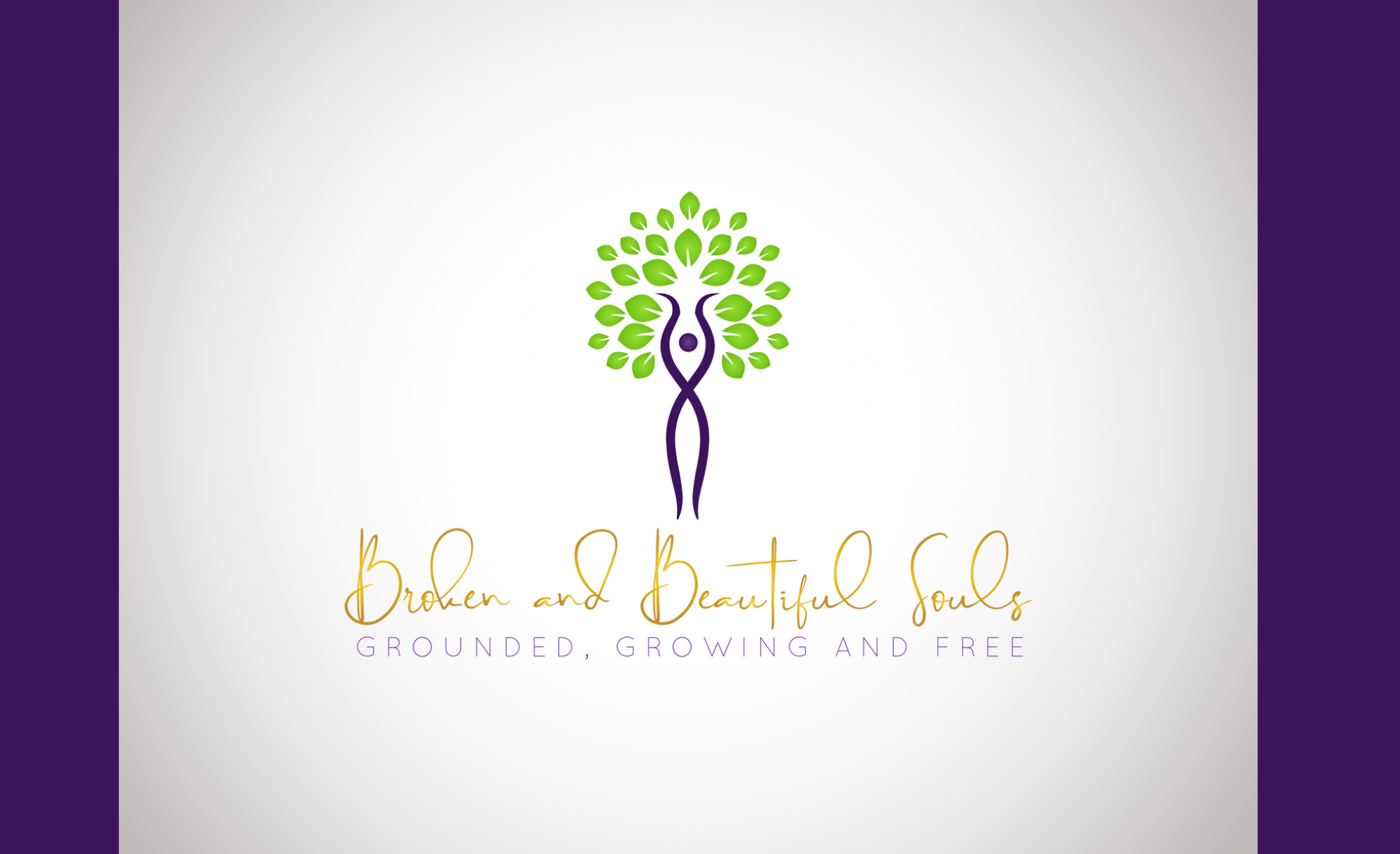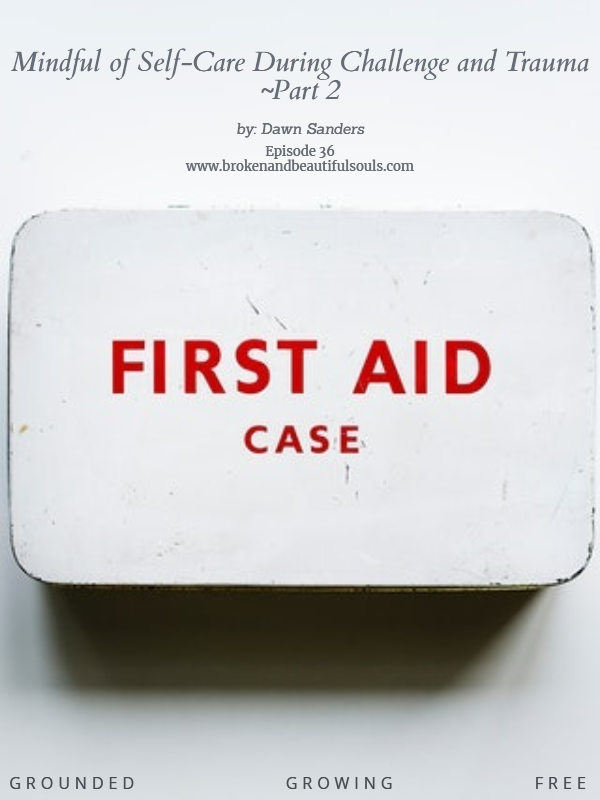Self-care is quite the buzz word these days and it is often relegated to the back seat of pampering or over-indulgence. Yet, this kind of indulgence is not required for survival during times of stress, transition or trauma. The self-care discussed here is about developing tools to cultivate a sustainable well-being during life’s challenges.
~~~~~~~~~~
“Caring for myself is not about self-indulgence, it’s about self-preservation.” ~Audre Lorde
Show notes:
Dawn shares a Personal Trauma and Recovery Story: Dawn’s experience of Larry having a seizure in Milan, Italy and the timeframe of 1 yr. later following Larry’s stateside diagnosis validation.
Important to remember:
Just as God is kind to you, remember to be kind to yourself. You may tend to sacrifice yourself/push through, treating God’s kindness with contempt. While you may receive His kindness, at the same time, you may ignore our own needs.
Eph. 2:7; Titus 3:4-6
Steps Crucial to Recovering from a Challenging/Traumatic Event:
Step 1: Name and notice the disruptive or threatening event/trauma. Is it Beneficial, Neutral or a Threat?
● Brainstorm- what do you know about the facts and what are your feelings surrounding the
event?
● Ask friends for their take on facts and how they see you responding to the event.
Step 2: Name and notice who you are (or are not) and what do you need? Who are you today? Who are you Not today?
Step 3: Name and notice how your body is responding to the event.
● Physically – sleep disturbances, hypertension, heart disease, decreased immunocompetence, digestive issues, difficulty relaxing, accident proneness, aches & pains, sensitive to noise, sugar cravings, shallow breathing, exhaustion, self-isolation.
● Mentally – eating disorders, substance abuse, over medicating, irrational thinking, over-thinking, negative self-talk, feeling flooded, overwhelmed easily or all the time, unable to make decisions.
● Emotionally – anxiety, depression, feeling helpless, hopeless, feeling fearful, increased sadness, feelings of powerlessness, inflated anger, contempt (self and/or other centered), easily upset, sarcastic or frequently on the verge of tears.
● Spiritually – emptiness, the loss of meaning, a lack of curiosity, forgetfulness as to our true identity, an unforgiving attitude, martyrdom, looking for magic, loss of previous convictions, loss of previously held beliefs/values, apathy, needing to prove oneself, isolating from community or conversation with God.
Considering your own story, when in the past have you experienced challenges such as these? Where does it feel bigger than you and that you’re wearing down? It’s helpful to look back at your stories and notice what you feel so that when you look at your future, preparing for the next time something similar to this event occurs, you will be equipped with a plan for what you can do and can expect. This will also help you to join in with God’s kindness and be kind to yourself, getting your needs met before becoming the ‘donkey on the edge’.
I invite you now to look back at a story from your life and consider how you responded physically, mentally, emotionally and spiritually.
In two weeks, join me as I take a deeper dive into the four bodily response categories (Physical, Mental, Emotional, and Spiritual), while tackling the topic of Emotions. Also, I am excited to be joined by several guest speakers who will share on the topic of how their emotions have been helpful in getting them through a particular situation.

